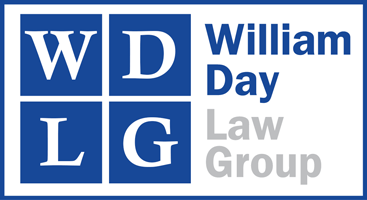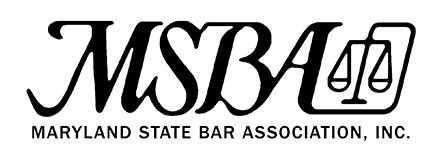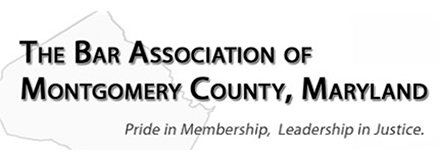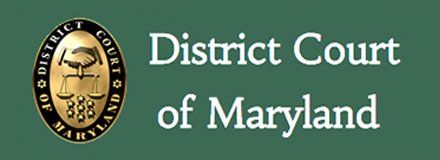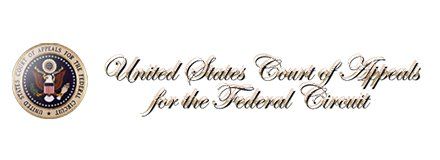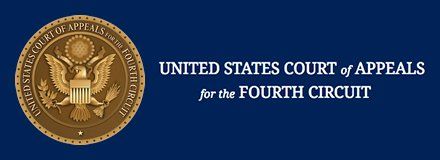PRACTICE AREAS
BLOG CATEGORIES
ASSOCIATIONS
Judge Finds Tenant’s Evidence “Suspect” After Cross Examination, $85,636 Judgment for Commercial Landlord
I have included a picture of the “suspect” evidence…you be the judge.
What should have been a run-of-the-mill commercial lease dispute over a failure to pay rent turned into a two-day bench trial when the tenant produced an alternate lease and alleged deposit slips showing that all rent was paid.
I went in knowing that the stakes were high–Over $85,000 in back rent had already accumulated because of multiple bankruptcies filed by this tenant and any further delays would cost my client thousands of dollars a month.
Landlord-Tenant trials in Maryland typically do not allow for discovery so attorneys will only know what their evidence is when the trial starts. That is usually not a problem since most trials have the landlord produce a copy of the lease and the ledger showing payment records.
I was confident when I rested my case. Our lease was in evidence, our ledger and all of the backup to prove the common area maintenance and utility charges was also admitted into evidence.
The Tenant’s Case
When the tenant took the stand she produced a commercial lease that was $1,000 less per month than the Landlord’s lease and then she produced deposit slips allegedly showing that she made payments of over $26,000 that the landlord had not credited. Based on the tenant’s evidence, the landlord owed the tenant money.
I wasn’t fazed by the lease the tenant produced but the deposit slips took me completely by surprise. Here she was producing photo copies of bank deposit slips showing payments made and all I had was a ledger showing that we did not record a payment. I didn’t believe my client would make that mistake.
I was given a copy of the deposit slips to review before it was admitted into evidence. I had to think fast if I was going to come up with a valid objection. I noticed immediately that the copy of the deposit slips that she had given me had her handwriting on every single image in blue ink. That meant that she handwrote “March 2016, February 2016”, etc. on all the photo copies obscuring the bank’s computer markings showing the date and amount that was deposited. I also noticed that the bank’s markings were backward making it more difficult to verify her claim. I immediately jumped up and objected that these copies were not the best evidence since there was self-serving writing on them that obscured the bank’s information and that the bank’s printout was backwards. Unfortunately, the judge allowed the documents in so I was forced to fight this on cross examination and attack the tenant’s credibility.
Cross Examination
I went immediately to the deposit slips. I asked the tenant where the originals were located. She said she must have lost them. When I asked her how she made the copies, she couldn’t answer. I asked her why she didn’t copy the backs of the deposit slips that showed the banks record of the transaction. Again, “I don’t know”. Finally, I showed her a deposit slip that she claimed was made on January 2016 in the amount of $5,000. I asked her to look at it closely and try to turn the numbers around in her mind. I asked her, “If you were to look at this in a mirror, wouldn’t it show that the bank says that this deposit was made in June of 2016.” (6/**/16).”

One of the deposit slips deemed “suspect”
I looked at the judge and he raised his eyebrow. I was confident that I had successfully raised questions of credibility of the witness and the documents.
After the conclusion of my cross-examination the defense rested and the judge took a recess before he issued his findings. The judge took all of the documents with him back to chambers. I was hoping that he would find his way to a mirror to look at the deposit slips more closely.
The Verdict
When the judge returned to the bench he found in favor of the landlord and specifically said, “Court disallows receipts tendered as they are suspect and therefore does not credit any payment by tenant.”
While I may never know if the judge used a mirror to examine the deposit slips, I do know that it was the correct determination. When I held the slip up to a mirror, I could clearly see that the handwriting did not match the banks computer printout.
Let me know if you agree.
Attorney William Day and the William Day Law Group handle all types of commercial litigation, commercial landlord disputes, commercial landlord tenant as well as outside general counsel services for small businesses. Contact the William Day Law Group if you would like more information on how we can represent your interests.
If you would like more information about this topic, please contact William Day at 301-605-1722 or email at info@williamdaylaw.com. Past results afford no guarantee of future results. Every case is different and must be judged on its own merits.
